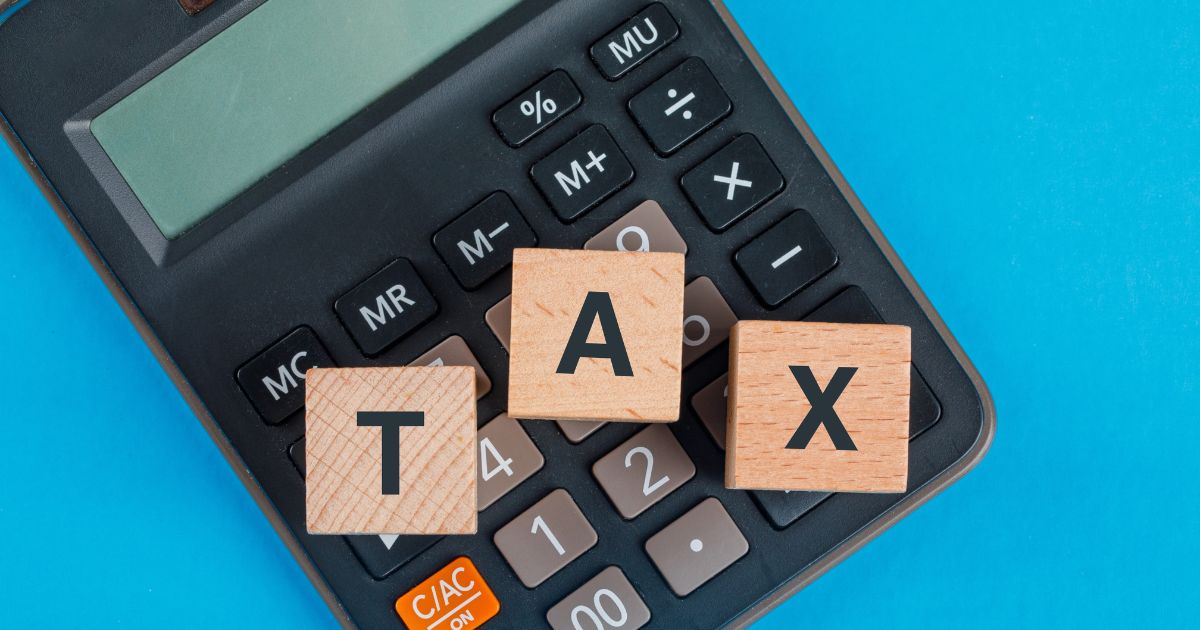Introduction
In a significant move, the Ministry of Finance has granted the Unique Identification Authority of India (UIDAI) a five-year exemption from paying income tax, effective until the fiscal year 2027-28. This exemption covers various sources of income, including government grants, service fees, and interest on bank deposits.

Details of the Exemption
According to the notification issued by the Central Board of Direct Taxes (CBDT), UIDAI will not be required to pay income tax on several types of income. These include:
- Grants/Subsidies: Financial support received from the central government.
- Fees and Subscriptions: Charges such as RTI fees, tender fees, sale of scrap, PVC cards, and service charges related to authentication, enrolment, and updates.
- Interest Income: Earnings from term/fixed deposits and bank deposits.
The exemption will apply to the assessment years 2024-2025 through 2028-2029.
Conditions for Exemption
The tax exemption is conditional upon UIDAI not engaging in any commercial activities during this period. Additionally, the nature of the specified income must remain unchanged throughout the financial years covered by the exemption.
Background on UIDAI
UIDAI, a statutory authority established under the Aadhaar Act, 2016, is responsible for overseeing Aadhaar-related operations, ensuring compliance with the Act, and formulating regulations and rules consistent with its provisions.
Conclusion
This tax exemption provides UIDAI with financial relief, allowing it to focus on its core mission of managing and securing Aadhaar-related services. The exemption underscores the government's support for UIDAI's role in providing a unique identification system to India's residents.






 CAclubindia
CAclubindia
